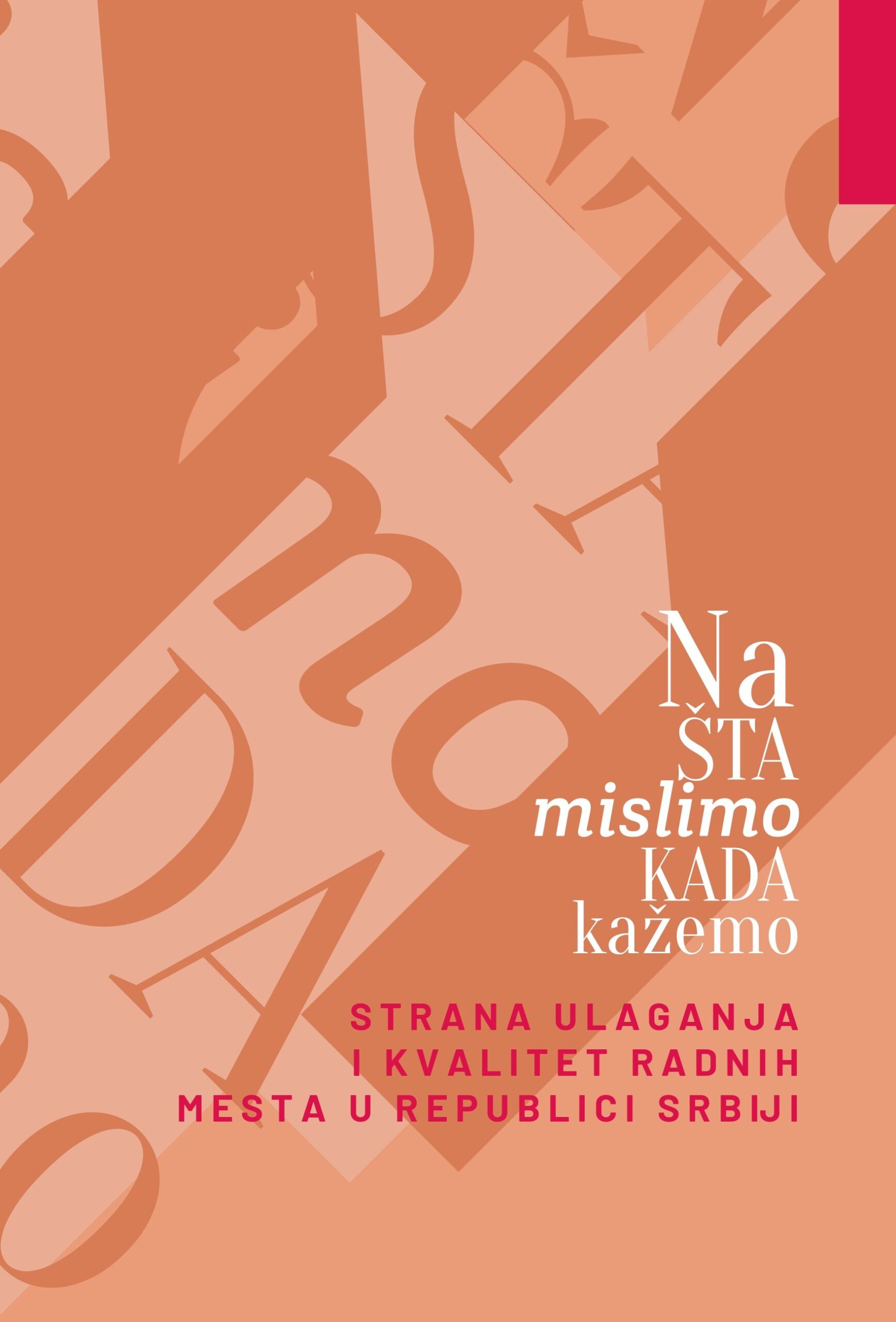
What We Mean when We Say … Foreign Investment and Levels of Employment Quality in Serbia
Author(s)/Editors Novica Supić Publisher Institute for Philosophy and Social Theory, University of Belgrade Institute for Democratic Engagement Southeast Europe, Belgrade Published 2023 ISBN 978-86-82324-39-3 Pages 15 Edition SquareDirect foreign investments in Serbia are a controversial topic: on the one hand, foreign capital plays a role in the institutional framework of the Serbian economy via fiscal incentives intended to attract and retain foreign investors; on the other, there is a question of the job quality of this policy. A detailed analysis of the available data suggests the presence of a gap between the public interest and the interest of foreign capital. This gap can primarily be explained by the fact that from the perspective of public policymakers in Serbia, direct foreign investments serve to resolve a number of macroeconomic and structural imbalances. While the quality of jobs is important, it is not the sole determining factor in shaping policy toward foreign investors. Problems noted in the labor market and comparative examples from successful post-transition countries suggest that the developmental effects of foreign capital primarily depend on national control over that process. Hence, the government’s role should not be solely to deregulate and liberalize the economy in the interest of foreign capital but rather to encourage institutional changes that reflect national interests, improve public services, and adopt developmental economic policies.
